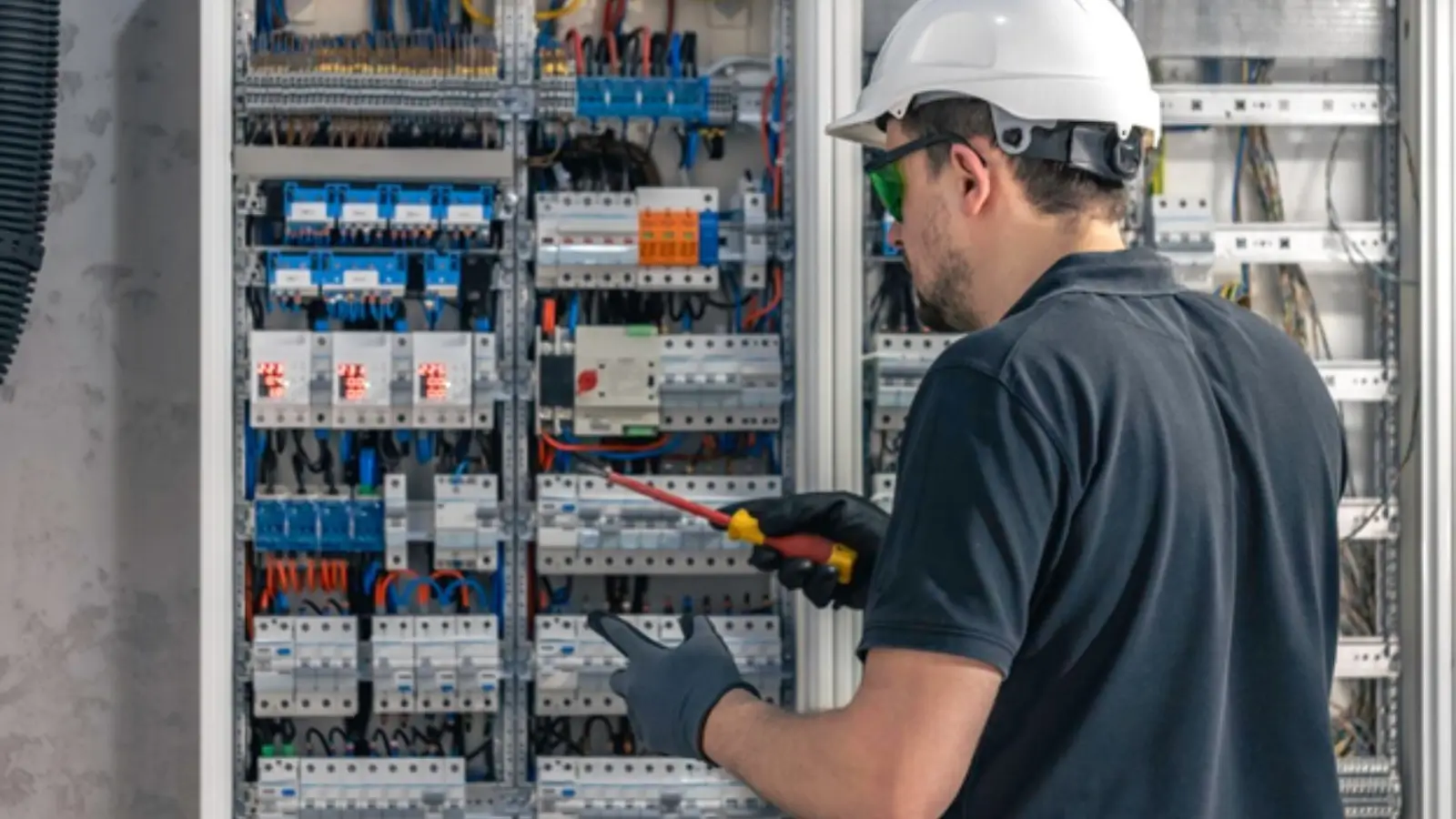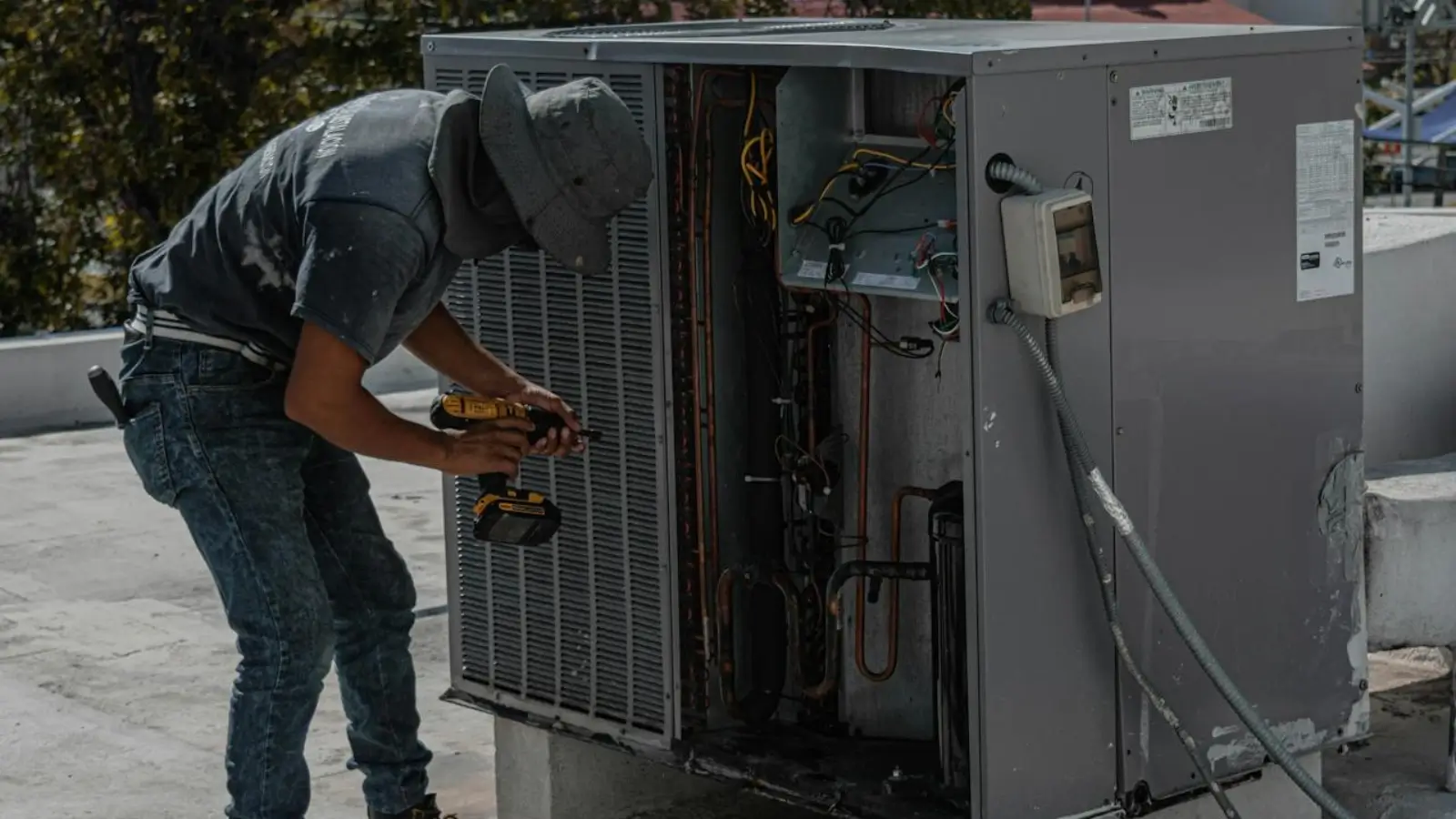Agriculture is undergoing a major transformation, with agricultural technology – or agri-tech – at the forefront of this revolution. The impact of these technological advancements is not limited to incremental improvements but rather represents a fundamental shift in farming practices globally. Agri-tech encompasses a wide array of innovations, including precision farming, drone monitoring, automated irrigation, and smart sensors. These technologies are designed to enhance efficiency, increase crop yields, and promote sustainable agricultural practices, all of which are essential for the future of farming.
One of the most significant benefits of agri-tech is its ability to provide farmers with sophisticated tools for improved decision-making. Precision farming, for example, relies on satellite imagery and soil sensors to monitor crops with exceptional accuracy. This data-driven approach allows farmers to apply water, fertilizers, and pesticides more precisely, minimizing waste and maximizing efficiency. Additionally, drones equipped with high-resolution cameras enable farmers to gain a comprehensive view of their fields, making it easier to detect issues like diseases or pest infestations early on. By addressing these concerns promptly, farmers can avoid more severe crop damage down the line.
Automation is also playing a pivotal role in transforming agriculture. Automated irrigation systems, for instance, utilize real-time data from weather stations and soil moisture sensors to deliver the optimal amount of water to crops, promoting healthy growth while conserving water. Robotics, too, is beginning to gain traction, with robots handling tasks such as planting, harvesting, and weeding. These machines perform these jobs with unmatched precision, reducing the physical strain on farmers and ensuring more consistent crop management.
Another vital component of agri-tech is the Internet of Things (IoT), which facilitates the seamless integration of various technologies. IoT devices in agriculture allow for efficient data collection and analysis, helping farmers streamline operations and reduce labor costs. With IoT connectivity, farmers can monitor their farms remotely, making real-time adjustments to improve productivity and achieve more profitable outcomes. This interconnected system makes farming increasingly data-driven and responsive, allowing for more informed decision-making and better resource allocation.
In addition to the digital innovations, the physical infrastructure supporting agri-tech is just as critical. Metal casting plays a key role in the creation of durable and high-quality components for farming equipment. Whether it's the structural framework of automated machinery, components for drones, or elements of irrigation systems, the strength and precision of metal parts are essential for ensuring that the machinery can withstand the demanding conditions of modern agriculture. Ductile iron casting, for example, is used extensively in producing robust agricultural equipment, offering durability and reliability in the most challenging environments.
With the global population steadily increasing, the demand for food is expected to rise. Agri-tech offers the tools necessary to meet this demand while addressing pressing challenges like climate change, resource scarcity, and sustainability. As these technologies continue to evolve, they hold the potential to enhance productivity and make farming more efficient, sustainable, and capable of supporting future generations.
For further insights on how agri-tech is revolutionizing farming, please refer to the accompanying resource.

















